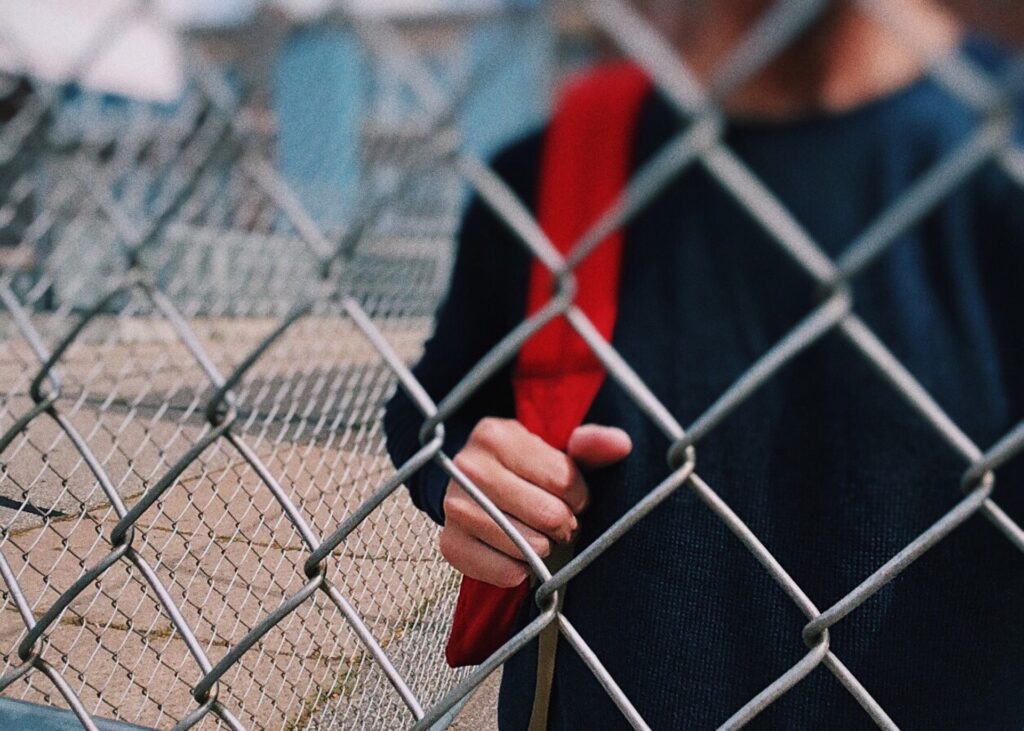



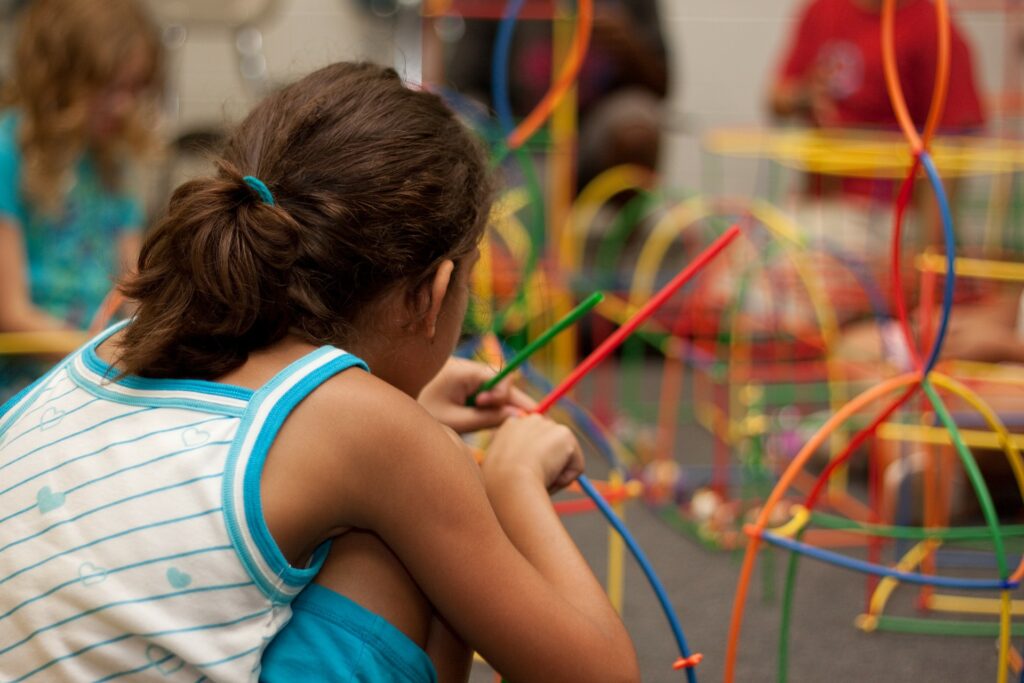
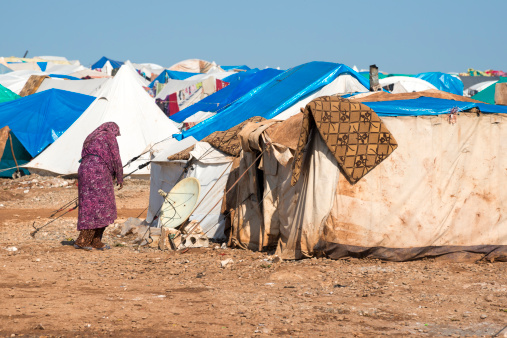
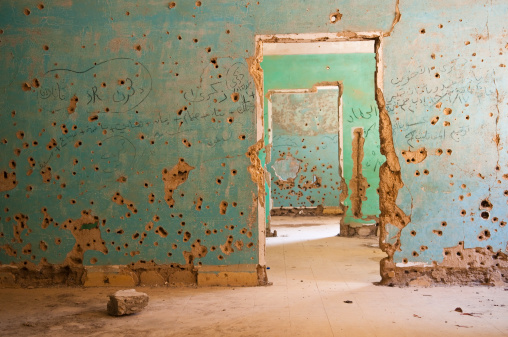
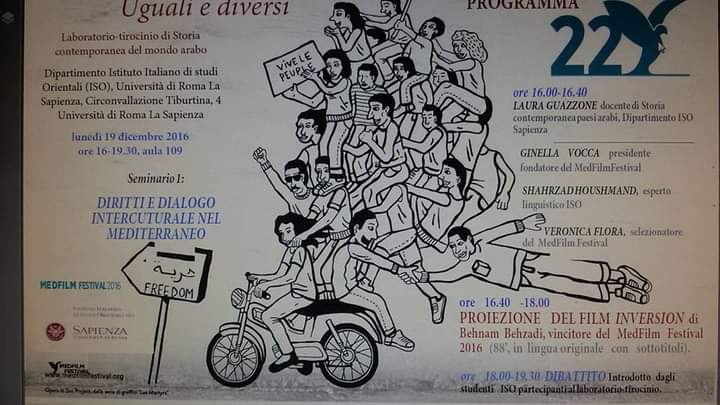
Readers’ contributions
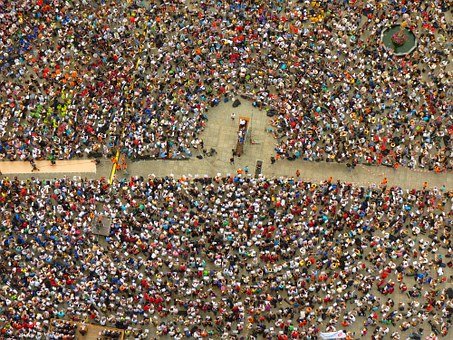

In climatology, the terms climate change or climate change indicate the variations of the climate from the Earth, i.e. variations at different spatial scales (regional, continental, hemispherical and global) and historical-temporal (ten-year, secular, millennial and ultramillennial) of one or multiple environmental and climatic parameters in their average values: temperatures (average, maximum and minimum), precipitation, cloud cover, ocean temperatures, distribution and development of plants and animals.
The United Nations Framework Convention on Climate Change uses the term “climate change” to refer to climate change attributed directly or indirectly to human activities, which alters the composition of the world atmosphere and adds to the natural variability of the climate observed over time periods. comparable.
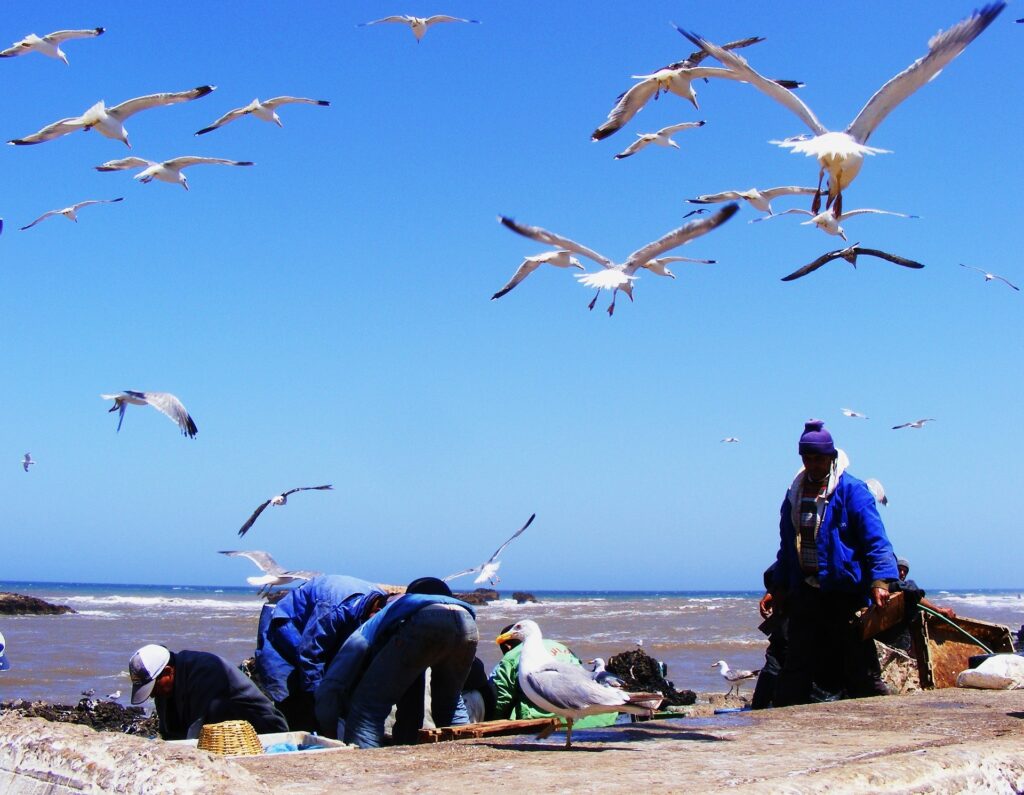

Gender equality, also known as equality between the sexes, gender equality, sexual equality or gender equality, is a condition in which people receive equal treatment, with equal ease of access to resources and opportunities, regardless of gender.
A very current word today that represents a variegated universe, as well as a phenomenon that has always characterized the life of human beings. Defined as a permanent transfer or temporary movement of people to a country other than that of origin, immigration affects the entire planet, although the states of departure and arrival have changed with the succession of historical periods.
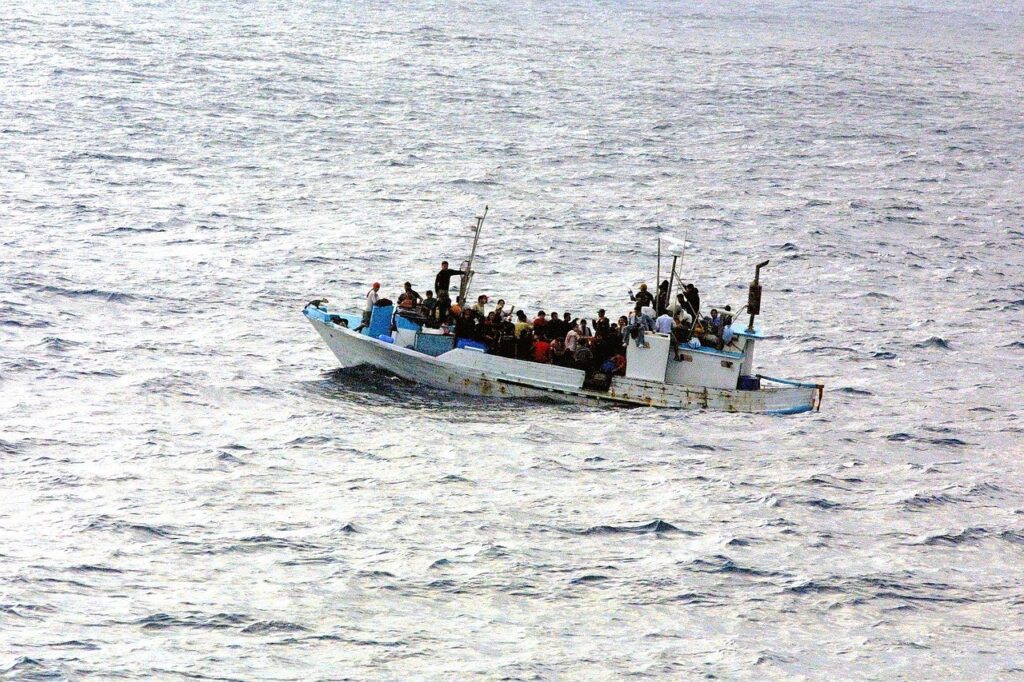
As in any phenomenon, immigration is also characterized by multiple and varied reasons. Poverty is undoubtedly one of the greatest incentives to abandon the native places: emigrating to another country is often the only way out of a life spent in poverty, a way to improve one’s conditions by looking for a job to do. within the host country. Other times, however, the reason behind the move is eminently ‘political’: dictatorships, persecutions, wars and genocides push entire families to seek freedom outside their own country, oppressed by the aforementioned phenomena. (Sapere.it)
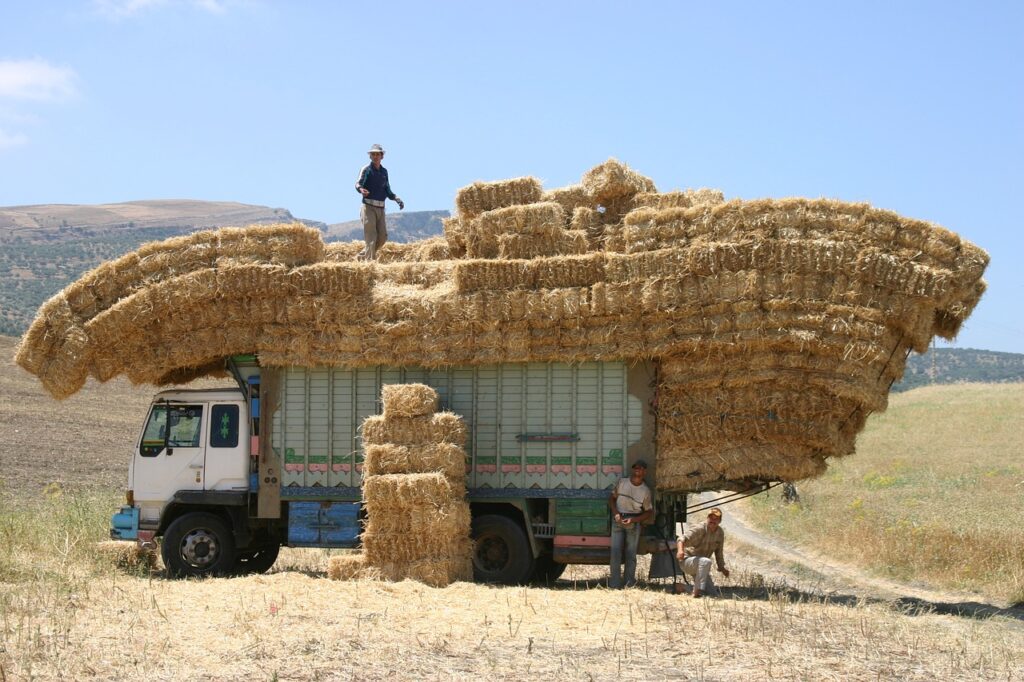
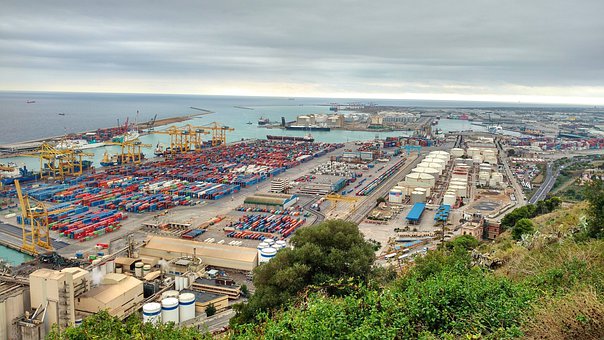
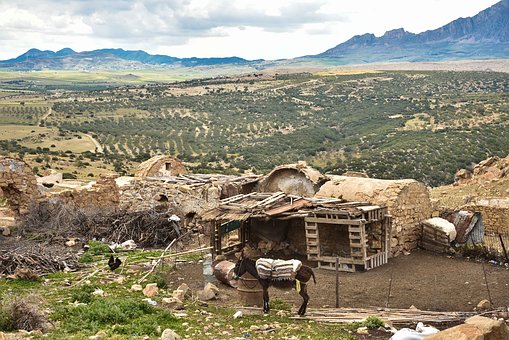
Director: Semih Kaplanoğlu
Cast: Bora Altaş (Yusuf); Erdal Besikçioglu (the father Yakup); Tülin Özen (mother Zehra)
Country: Turkey | Year: 2010 | Duration: 104 ‘
Yusuf is a lonely child who lives with his parents in a remote area of a mountain forest. The parent raises bees and the child has great admiration for the one with whom he shares secrets. Yusuf, who can read fluently at home, is stuck at school and cannot get the red plaque that the teacher women as a reward for those who read well. The decrease in the presence of the parents’ appi necessitates trying to place the hives in more remote locations and at higher heights. One day the man will not return, and while his wife goes looking for him, the child will feel prompted to hope for his next reappearance from a sacred reading.
MedFilm Festival 2010 // Amore & Psiche